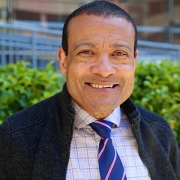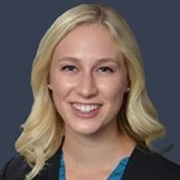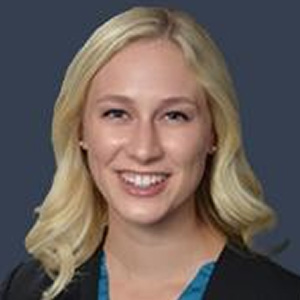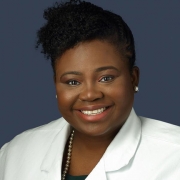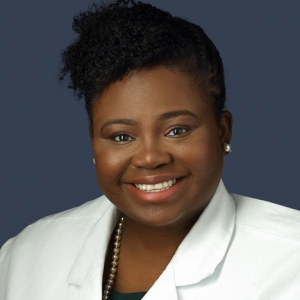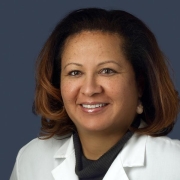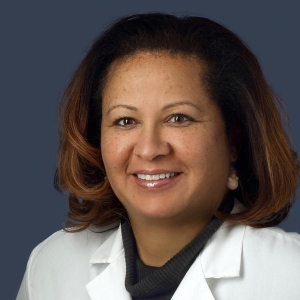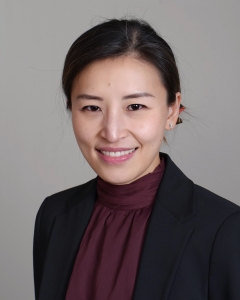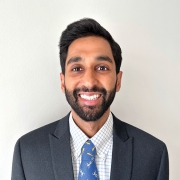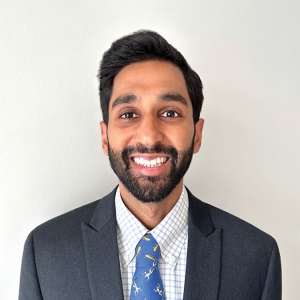People Profiles: Dean Lee Jones
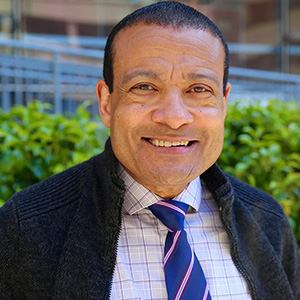
Leon “Lee” Jones, MD
For Leon “Lee” Jones, MD, dean for medical education at Georgetown University’s School of Medicine, his commitment to medical education is personal.
“I’m not only an educator, and the Dean for medical education, but I’m also a son and a husband,” he said, pointing to the exceptional medical care that both he and his family have received at MedStar Health. “Those [physicians] are the people who are educating Georgetown students.”
At Georgetown University, Dean Jones oversees the medical education for more than 800 medical students. His job is to ensure that students are receiving the best possible education. It requires working across multiple disciples and departments and working in close partnership with MedStar Health graduate medical education (GME).
A psychiatrist by training, Dean Jones first pursued medicine because of his interest in science, his curiosity for learning, and his love of people. “I thought, how can I pull those three things together? It was medicine.”
It is no surprise then that Dean Jones cites the people at Georgetown University and MedStar Health as one of the reasons he loves being a medical educator. “Medical students, and also my faculty and colleagues, are energetic, they’re passionate, they love what they do, and they want to change the world,” he said. “I get to learn a lot from everybody… I’d have to go out of my way to avoid learning new things.”
More than 80% of medical student teaching at Georgetown University is delivered by Medstar Health GME residents and fellows and clinical training is conducted primarily at MedStar Health sites.
“There are 10 amazing hospitals and hundreds of phenomenal clinics that our students get to avail themselves of, where outstanding clinicians and outstanding teachers provide outstanding services to our communities,” Dean Jones said. “Our students benefit from a combination of great hospitals and great teaching from people who care.”
As dean, he has unique insight into the future of medicine. Figuring out how to provide everyone with great health care is top of his list, pointing to the income and health disparities present right here in Washington, DC. “My vision is that we train an interdisciplinary healthcare workforce so that can take of everyone, and everyone’s health is addressed,” he said. “I think we can do that. We’re making great progress. But we still have a lot of work to do.”
Outside of the medical school, Dean Jones is recognized more often for his large dogs, with people often stopping him to take pictures of his three dogs: two Saint Bernards and a Mastiff. The dogs, plus two cats, make for a lively household. “My husband and I treat them like our kids,” he laughed. “Our Mastiff had a knee surgery and can’t do stairs, so we bought a house that’s all one level so that he would be more comfortable.”
From canine companion to education leader, its apparent that Dean Jones cares deeply about others.

